By Sean Fagan
.
TOP TRACKING TIP - EXPECT TO SEE MORE!
Once, during a cold night in winter, as I was taking a stroll along a canal in the heart of Dublin city, I spotted an otter hunting in the frigid, cold waters of the canal.
I’m guessing the otter found the plentiful rudd and perch in the canal an irresistible lure.
This experience struck home to me that animals are behaviourally, more versatile and unpredictable than is often perceived.
Maybe, if I had expected to see more wildlife on my occasional, city strolls maybe I would've seen a lot more.
This experience also solidified something I've noticed with my tracking...
That a lot of tracking is based on expectation.
Learn how this small change in attitude can improve your tracking...
And what I learned about tracking from the wild bobcat..
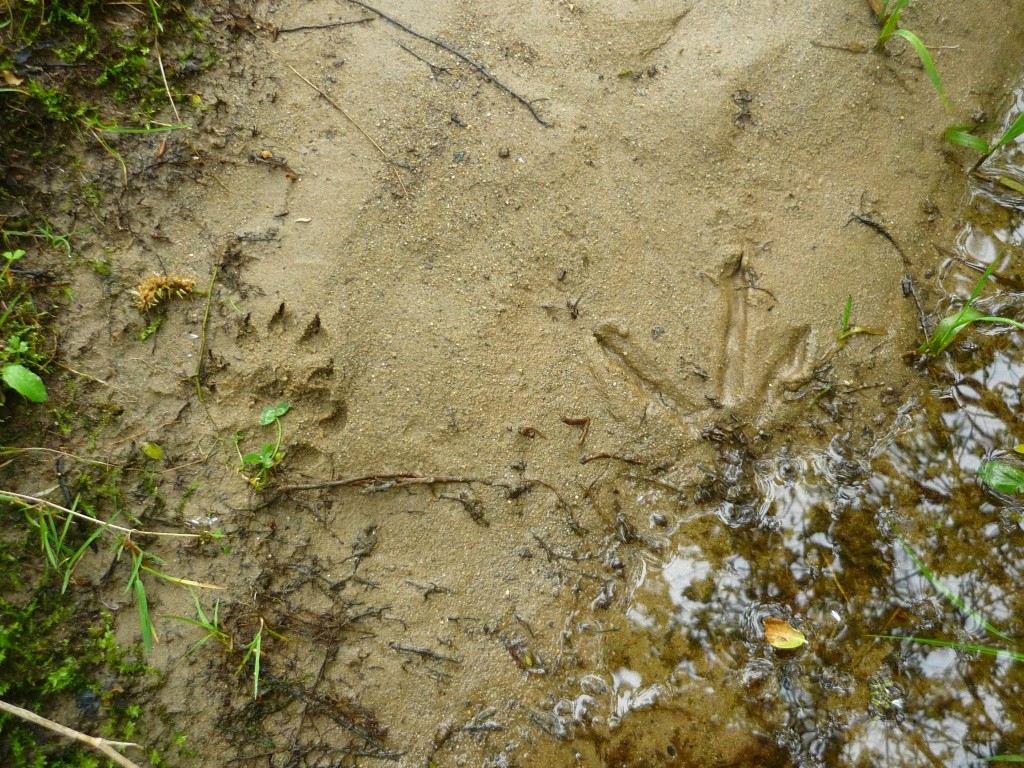
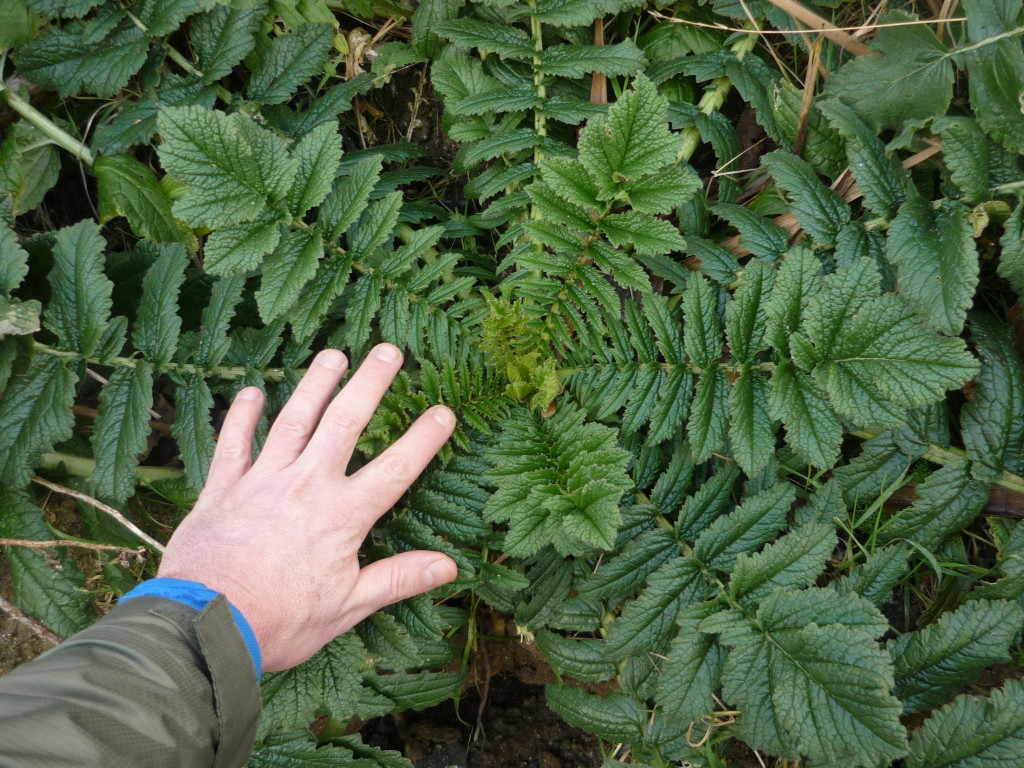
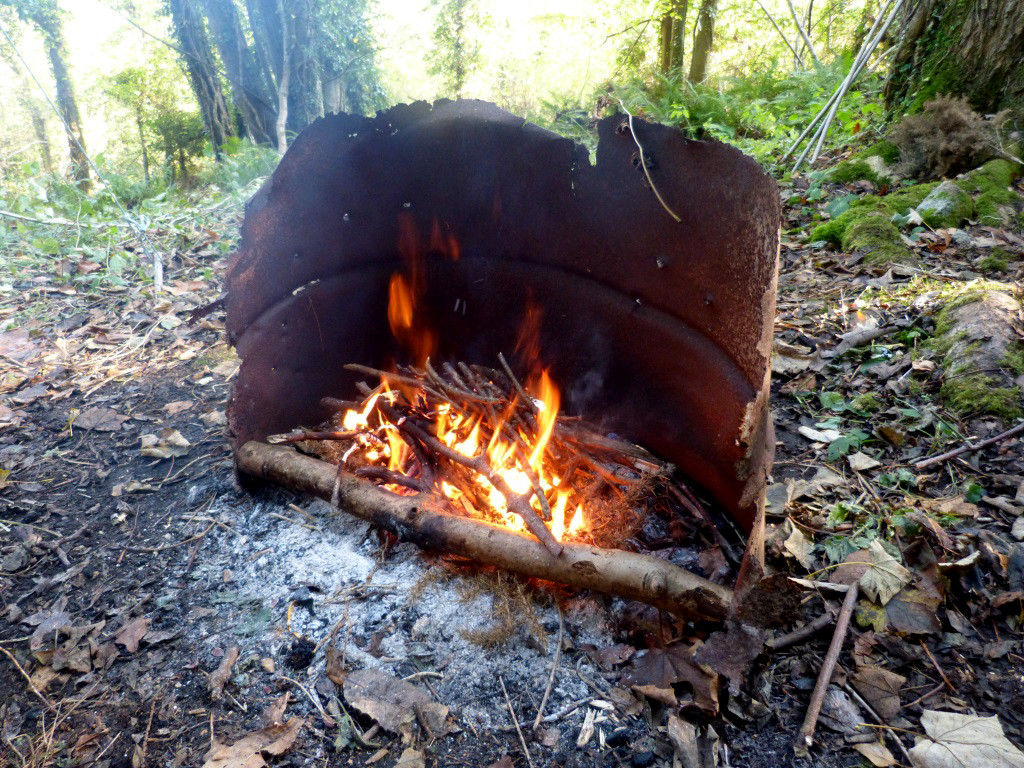
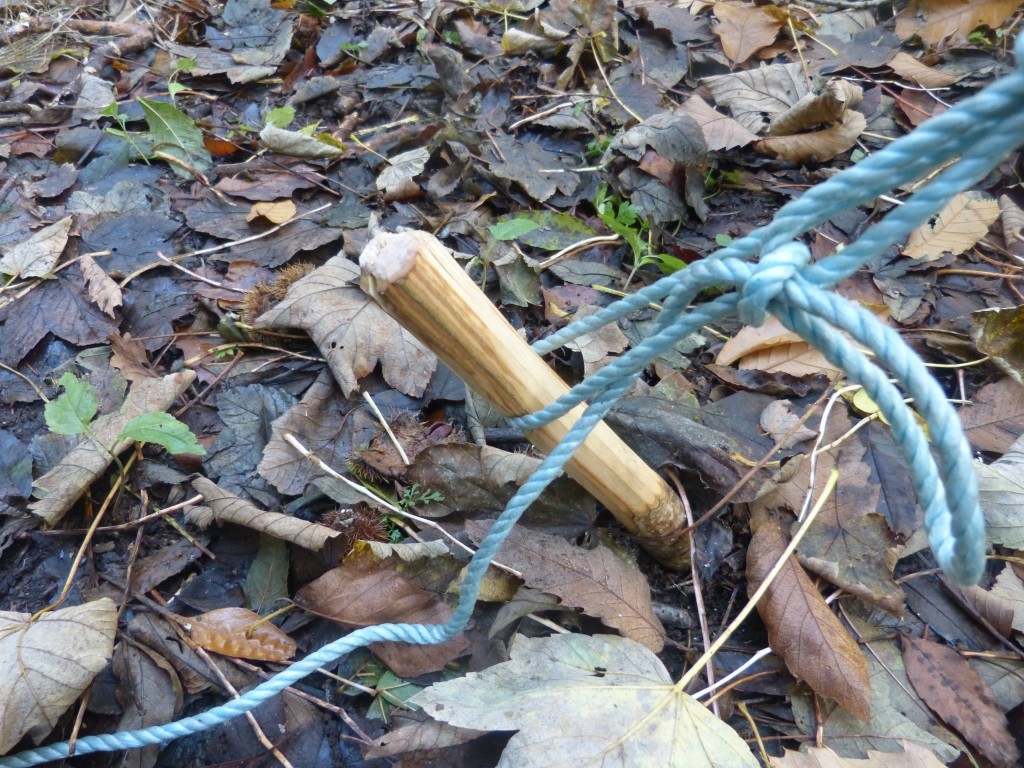
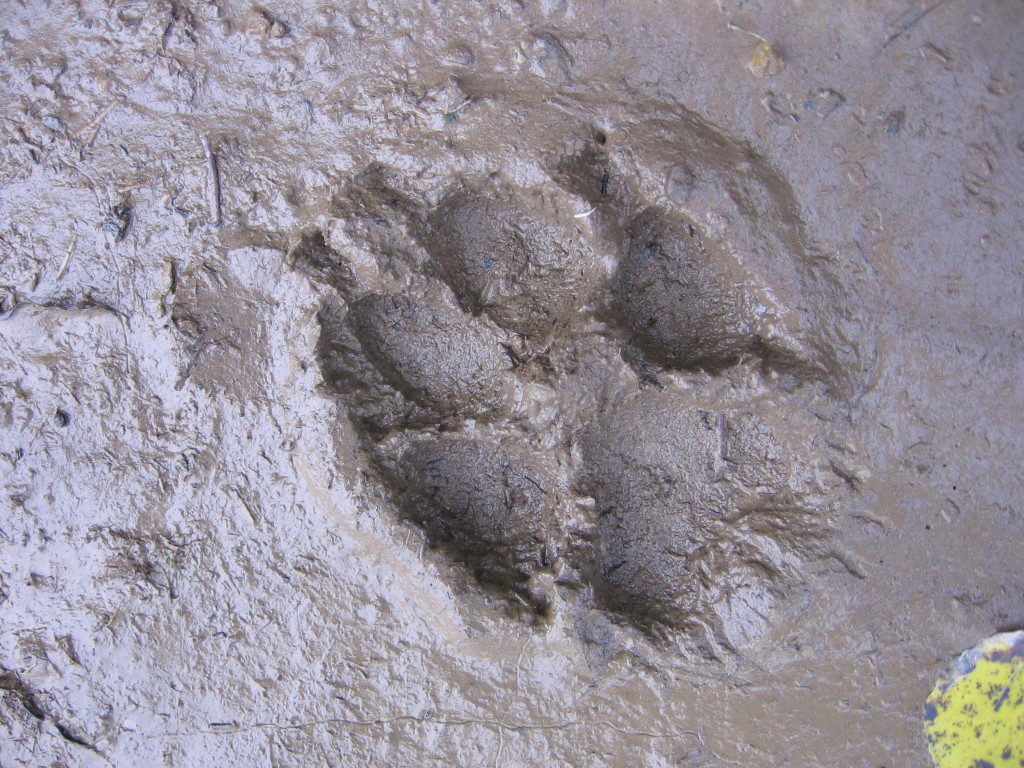
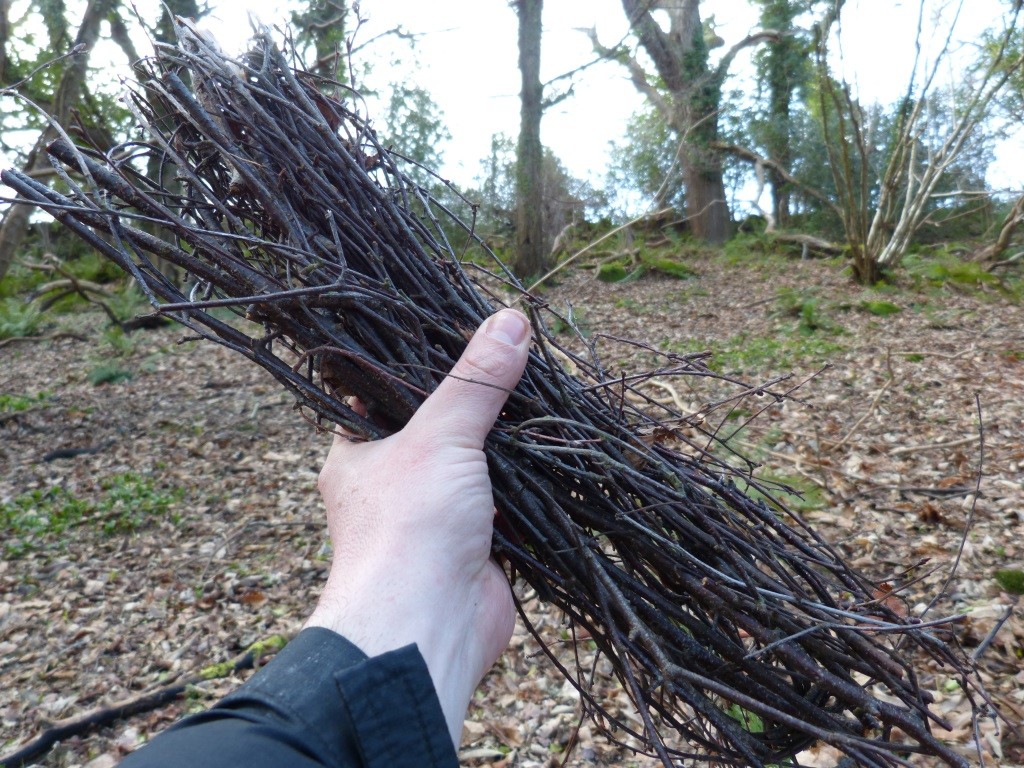
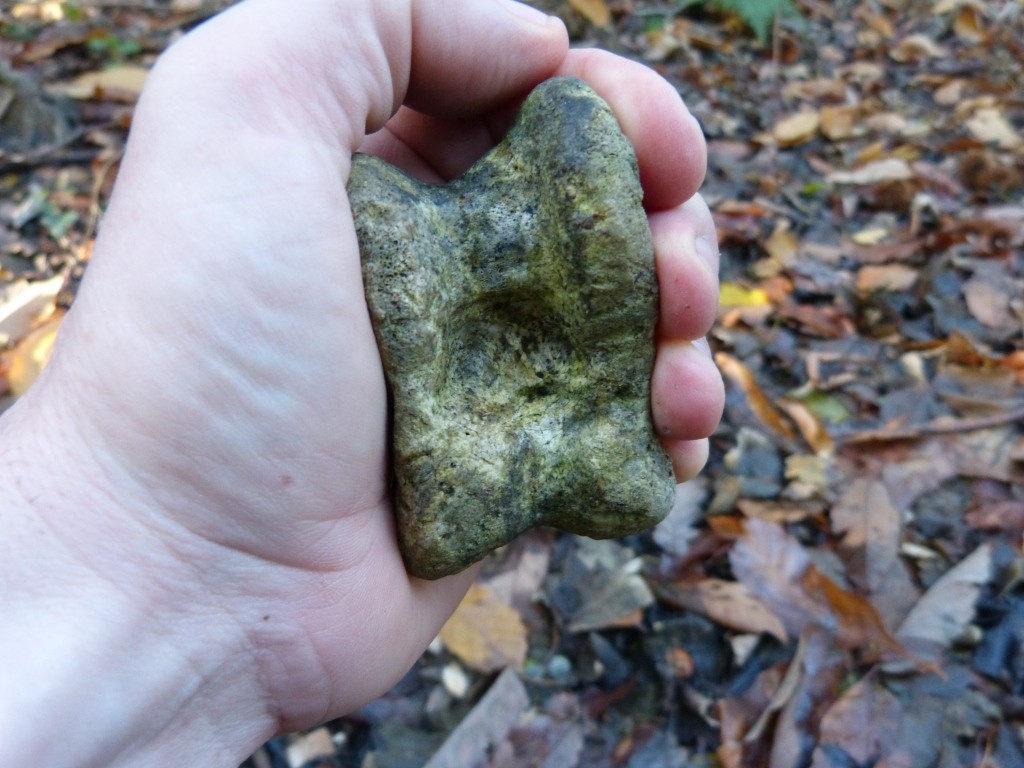

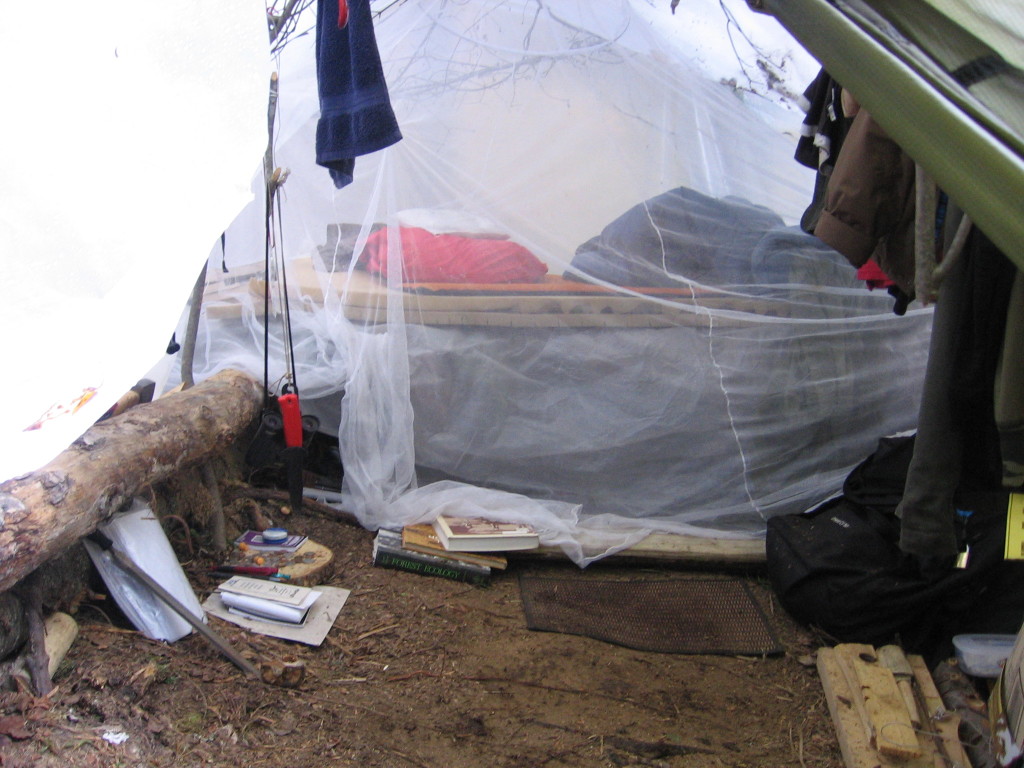

Recent Comments